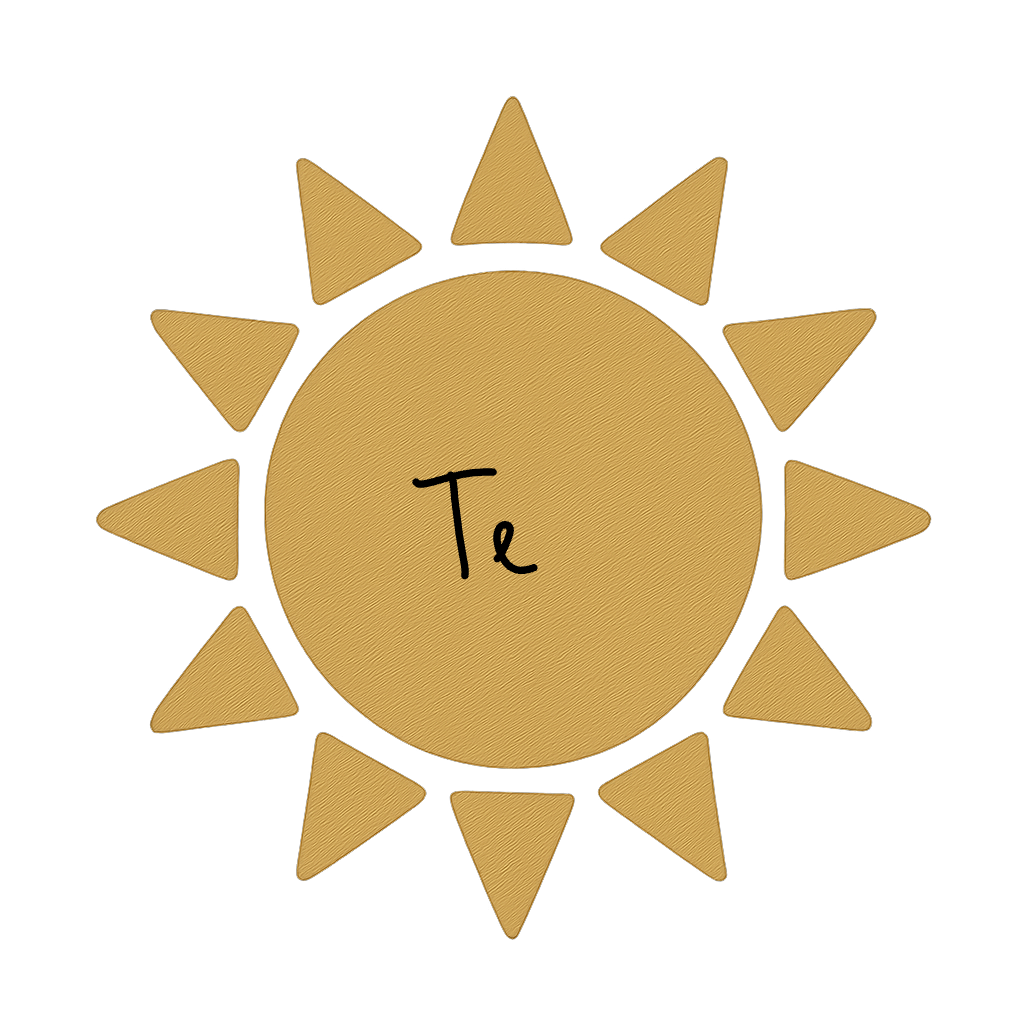Extraverted Thinking (Te) is one of the eight cognitive functions identified by Carl Jung and later incorporated into personality theories such as the Myers-Briggs Type Indicator (MBTI). Te is a judging function focused on how we make decisions and organize the external world. Specifically, Te is concerned with logical reasoning, objective analysis, and efficient implementation of plans to achieve tangible results.
Key Characteristics
- Logical Organization:
- Objective Decision-Making: Te users prioritize facts, data, and empirical evidence when making decisions.
- Structured Planning: They are adept at creating clear, logical plans and systems to achieve goals.
- Efficiency and Productivity:
- Goal-Oriented: Focused on outcomes, Te users strive to accomplish tasks efficiently.
- Problem-Solving: Quickly identify issues and implement practical solutions.
- External Implementation:
- Action-Oriented: Prefer taking decisive action rather than theorizing or speculating.
- Standardization: Value established methods and procedures that have proven effective.
- Organization and Management:
- Leadership Skills: Naturally take charge to organize resources and people.
- Delegation: Understand how to assign tasks based on others’ strengths to optimize performance.
How Te Manifests in the Mind
- Decision-Making Process:
- Objective Analysis: Decisions are based on logical evaluation of external data.
- Prioritization: Focus on what is most effective or necessary to achieve objectives.
- Information Processing:
- Systematic Thinking: Organizes information into logical categories and hierarchies.
- Data Utilization: Uses statistics, facts, and empirical evidence to support conclusions.
- Perception of the External World:
- Order and Structure: Seeks to create order out of chaos, organizing environments and systems.
- Implementation Focus: Concentrates on how ideas can be turned into practical, real-world applications.
Strengths of Te Users
- Efficiency Experts: Capable of streamlining processes to save time and resources.
- Effective Leaders: Excel in managing teams and projects toward clear objectives.
- Logical Clarity: Provide rational perspectives that help ground discussions and plans.
- Decisiveness: Able to make tough decisions quickly based on available information.
Challenges Faced by Te Users
- Overemphasis on Logic: May overlook emotional or relational factors, impacting team morale or relationships.
- Impatience with Inefficiency: Can become frustrated with delays or perceived incompetence.
- Rigid Thinking: Might resist unconventional ideas that don’t fit established frameworks.
- Work-Life Balance: Focus on goals may lead to neglecting personal needs or relationships.
Practical Applications of Understanding Te
- Personal Growth:
- Balance with Feeling Functions: Develop empathy to complement logical decision-making.
- Flexibility: Practice openness to new methods and ideas outside established systems.
- Self-Care: Recognize the importance of rest and personal relationships in maintaining long-term productivity.
- Interpersonal Relationships:
- Effective Communication: Be mindful of tone and approach to avoid appearing overly critical.
- Active Listening: Incorporate others’ input and feelings into plans and decisions.
- Team Collaboration: Foster a collaborative environment by valuing diverse perspectives.
- Professional Development:
- Leadership Roles: Thrive in positions that require organization, strategic planning, and management.
- Project Management: Excel in coordinating resources, timelines, and team efforts.
- Business and Administration: Natural aptitude for roles in operations, finance, or logistics.
Tips for Enhancing Te Function
- Goal Setting: Use SMART (Specific, Measurable, Achievable, Relevant, Time-bound) goals to structure objectives.
- Time Management: Implement tools like calendars, to-do lists, and project management software.
- Continuous Learning: Stay updated with best practices and methodologies in relevant fields.
***
